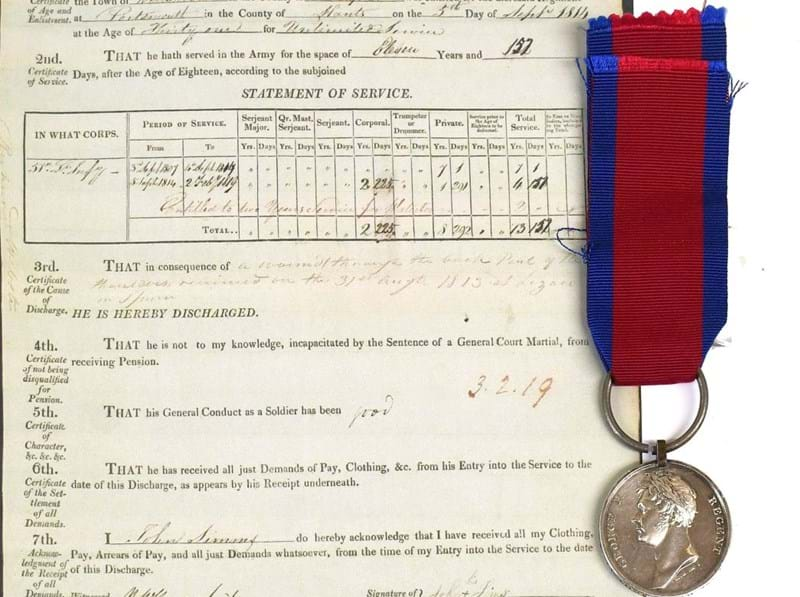In March, Tennants was delighted to sponsor a CLA members’ event at Ripley Castle, Harrogate discussing Heritage Crime.
The keynote speaker was Sir Thomas Ingilby who runs the Stately Home Hotline, which correlates and disseminates security intelligence to over 1,500 heritage properties in the United Kingdom. Whilst mainly focussing on heritage properties open to the public, his fascinating talk offered a wealth of advice which can be adopted by anyone looking to increase security in their own private homes. There are lots of small steps you can make to layer your protection and make your home a less appealing target for thieves.
TYPES OF THEFT
- Opportunist Theft
- Unplanned thefts taking advantage of a window left open or a door unlocked.
- Distraction Theft
- Amateur Thefts
- Often local, less experienced, and organised, taking advantage of notably weak security.
- Professional ‘Lone Wolf’ Thefts
- Highly organised single thieves, who work alone and have likely planned well in advance and carried out similar burglaries previously.
- Gang Thefts
- Organised teams of professional thieves operating on a ‘blitzkrieg’ basis, using numbers, prior planning, and force.
LAYERS OF PREVENTION
Vigilance
- Be aware of anyone knocking on your door out of context, pretending they have the wrong property, or cold calling. Many thieves will knock on a door first to check if anyone is home.
- Take note of suspicious activity in the area and share information with your neighbours.
Perimeter
- Keep an eye out for suspicious vehicles parked in laybys, farm gates, or farm tracks.
- Consider CCTV for larger properties, covering drives.
- Limit the number of gateways/entrances onto a property and be aware of any field gates and cross-country access.
- Security lighting on vulnerable gates or drives.
- Strong solid timber or iron gates, that can be chained but not lifted off hinges.
Outside Security
- Secure outbuildings.
- Don’t make it easy: keep ladders and tools such as jemmies, crow bars and axes locked away with ladders chained to a wall.
- Good external lighting is an excellent deterrent. Place lights high enough that they cannot be easily covered or disabled.
- Be aware of vulnerable access points such as low windows: soft flower beds capture footprints and make unstable footings for ladders; prickly thick shrubs make access difficult and give tell-tale cuts and scratches.
Physical Defences
- Alarm external doors and shuttered windows and have movement detectors inside. Plan alarm zones in larger houses, so unused parts of the house can be alarmed in the day or evening.
- Securely barred window shutters.
- Be aware that unshuttered/unalarmed upstairs windows are popular access points, particularly in spare rooms/bathrooms. Alarm corridors and rooms with valuable items or access to valuable items.
- Consider security marking high value items and lead roofs, with systems such as Selecta DNA.
Discretion
- Never place high value items close to a window, or easily visible through a window particularly from roads or access points.
- If they don’t need to be on display permanently, consider moving high value items from walls/tables to hidden spots.
- Be careful what images of your home and possessions are posted on social media, and details of planned holidays or periods of time you are away from home.
Insurance
- Keep your insurance valuations up to date, preferably with photographs of valuable items and their location in the house.
PROPERTIES OPEN TO THE PUBLIC
- For properties open to the public, learn to spot the reconnaissance visit, people who don’t seem engaged in a tour, linger, or study or take photographs of doors, windows, security devices.
- Guides should be aware of pairs or groups who might be working together, even if they don’t appear to know each other. One may try and distract staff whilst another targets an item. They should keep the group in sight whilst answering questions.
- If a guide suspects a visitor, often politely talking to them and asking innocent questions will unnerve them and make them feel they have been taken note of and easily remembered.
- Don’t leave small items within reach of visitors – consider secure cases for high value items and visually record groups of smaller items to quickly check if anything is missing.
- Simple security measures can be taken, for example non-transparent vases or jugs can be filled with lead shot, and pictures can be secured to the wall.
- Consider moving portable high value items, particularly old or notable silver, when the house is not open. Have a plan for moving them to a hidden spot away from the perimeter of the house if safely possible.
- Make sure security devices and systems are not visible on images on your website or social media.
- Be aware of visitors’ behaviour in a car park. Make notes of details of suspicious behaviour and ask neighbours to inform you of anything they may note further away from the main property. Consider placement of car parks, and restricting access close to the main building with secure bollards.
- Make sure CCTV (preferably ANPR) covers your car park.
- Make a contingency plan with staff should a theft or gang attack occur. Foremostly, make sure staff know how to stay safe and react appropriately, prioritising their own wellbeing whilst raising the alarm and noting details.
For more information on the Stately Home Hotline, contact:
sirthomas@ripleycastle.co.uk
For further advice, contact your local Police Crime Prevention Officer or Rural Task Force Officer.










